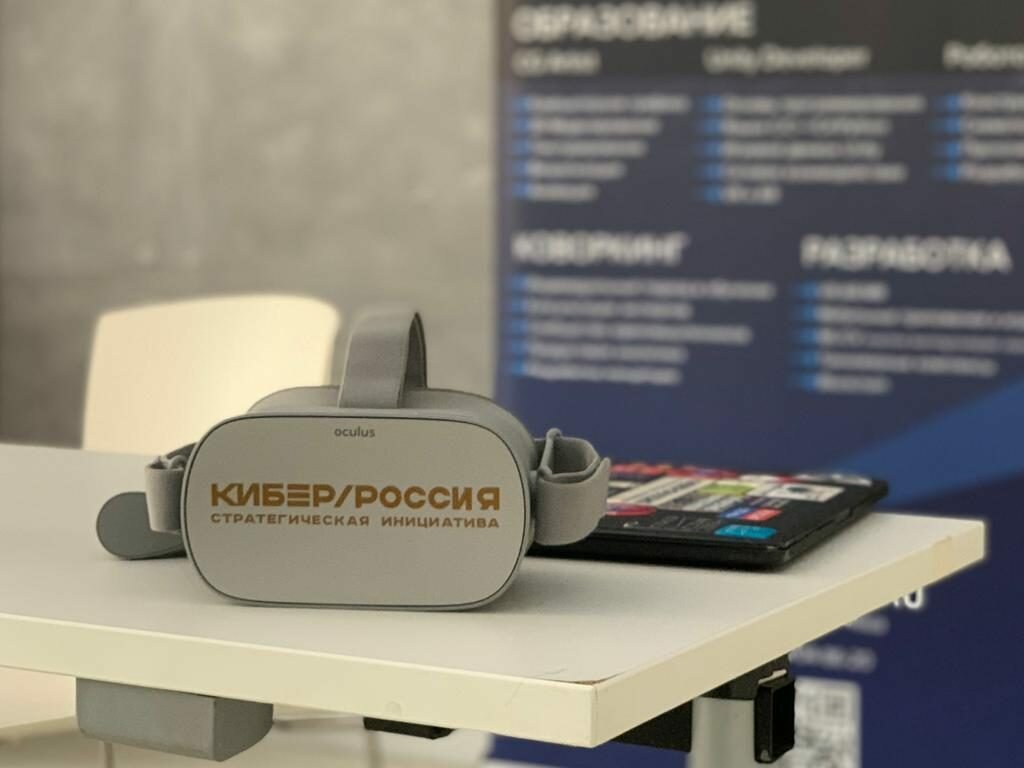The first lesson with the use of CYBER BOOK was held in the President School
On 9 October, grade 6-7 school students tried their hands at C# programming. Teachers of KIBER STRANA ANO held a practical lesson dedicated to CYBER BOOK, a textbook being developed under the Human Resources for the Digital Economy Federal Project with the grant support from Rossotrudnichestvo for improvement of digital literacy of students of Russian schools abroad.

Do you think programming is boring? We bet you are wrong!
The President School students did not even notice how two classroom hours flew. The lesson started with a question about the games the children liked to play and what their favourable cartoons were. Using these familiar comprehensible images, the teachers passed to the integrated analysis of the process for development and programming of modern animated products. To help children understand the concepts of command and sequence of commands, the developers arranged a game where one player is a “robot” and the others make the robot implement a certain task by giving it commands like “one step forward” or “turn left”. The same method was applied in the CYBER BOOK where children controlled a character of an interactive cartoon.
“Besides, since 2017 KIBER STRANA ANO has been implementing artificial intelligence, virtual reality and augmented reality projects. Two years of experience allowed us to identify several important underlying principles of the CYBER BOOK”, says the Technical Director of KIBER STRANA ANO – The tasks to be assigned to students should be scaled up. The students should be capable of solving the problems successfully, because small wins motivate them to go deeper. When teaching programming from ground zero, the functions available to the children should be restricted so as not to overload them with excessive information, and teachers should be aware that each child has its own pace, i.e. someone solves problems faster, someone – slower, and one teacher is not enough to help each of them make the decision. I mean that we should create such a tool and textbook that would allow the children to perform the tasks step by step and evaluate correctness of such steps without the help of teachers”
When the character of the digital textbook’s interactive cartoon completed the task commanded by the teams, children could pass to the next level. If the character of the CYBER BOOK remained motionless or moved in a wrong direction, the students returned to the command line or asked the teacher to give them a hint. Two hours flew by and by the end of the lesson the children wondered: “Can we learn to create games, cartoons and stories like this?”. The positive answer of the teachers of KIBER STRANA ANO was not formal, because their practice of teaching the requisite competencies required for complex IT developments has always been accompanied by teaching the product vision to the children.
“Product vision is a way of thinking that allows to evaluate the product being developed or scheduled for development in terms of the goals such project pursues, its usefulness for society”, – says the Board Chairman of KIBER STRANA ANO, Roman Mikhailovich Povolotsky. – What I want to say is that we started to teach children not only how to do things, but also to understand why they are doing them. How to set the rights goals in their work. Because one can close himself up in the garage and develop something that no one would find useful. An obsessive hobby. But reorienting from their own EGO to the outside world, the relevant needs and requirements is as important as teaching programming skills. We follow this philosophy when developing the teaching techniques based on our CYBER BOOK textbook”
About KIBER STRANA ANO»
KIBER STRANA Producer Centre develops software for video games, systems based on artificial intelligence, virtual and augmented reality. More than 14 educational programmes have been implemented since 2017, including: development of 2 competencies for World Skills, bachelor’s programme Gamedev&VR/AR at the Bashkir State University in Sterlitamak, master’s programme GameDev & VR/AR at the Far Eastern Federal University (FEFU). The company’s clients include Rosatom, Rostec, RZD and others.



